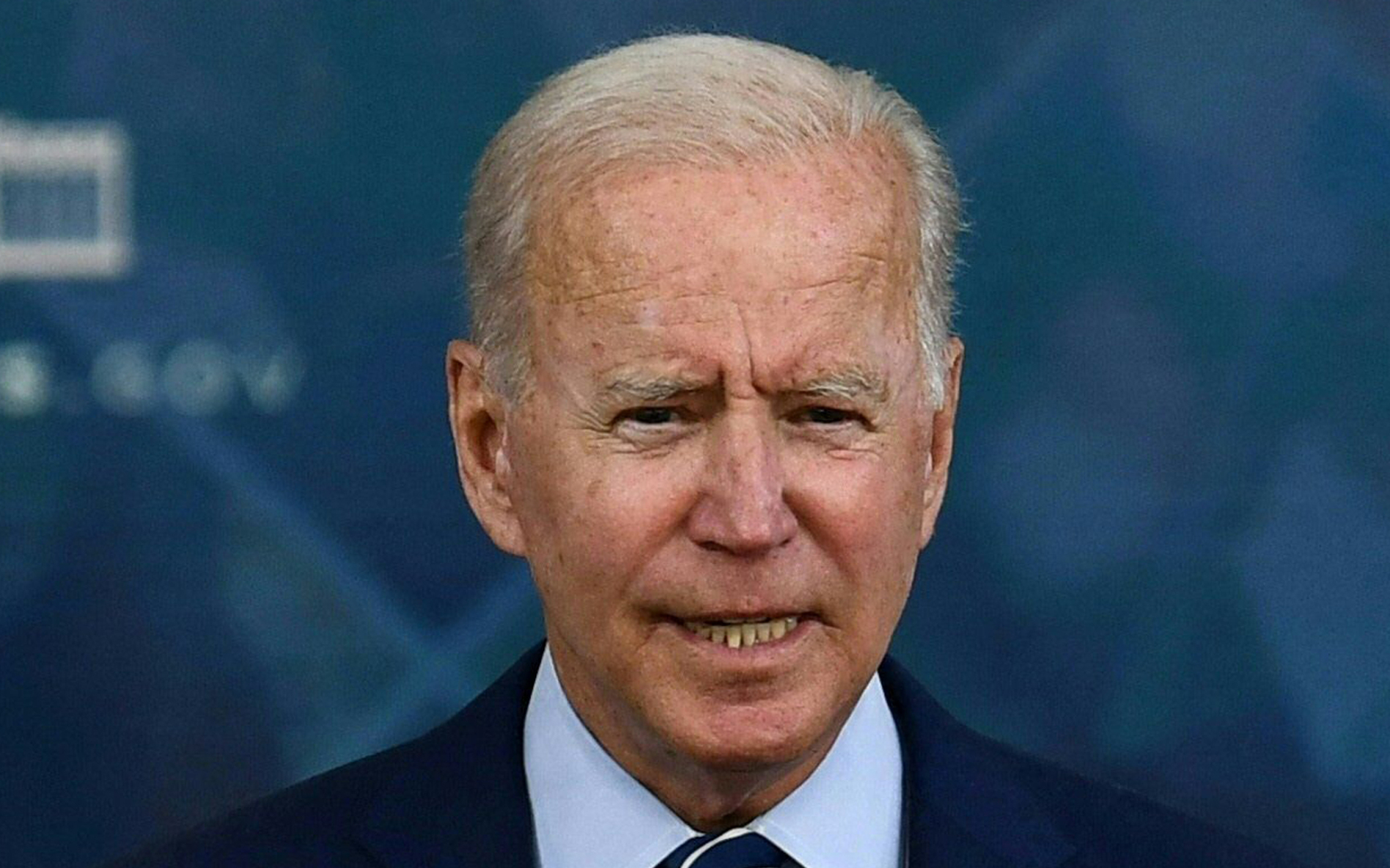
The Days When Israel’s Supporters Could Use Strong-Arm Tactics Are Fading
(Israel) on 30 September 2021
by Nadav Tamir (link to original)
The effort of progressive members of Congress to prevent the approval of the special aid package for Israel’s Iron Dome is meaningless in the short run, but it was a moment that demonstrated the consequences of two supposed Israeli successes that turned into resounding failures: The Six Day War, which led to the settlements on the West Bank, and the strong pro-Israel lobby in Congress. In both cases, the success was accompanied by an intoxicating sense of power that led to strategic blindness; both have led to a growing trend of doubting the legitimacy of the American Congress’s automatic support for Israel.
Israel’s impressive victory in the Six Day War, after a period of existential dread in the months beforehand, brought American Jews’ enthusiasm for Israel to a climax, as it was widely perceived as a victory of David over Goliath. Nevertheless, in the ensuing years, seeds were planted in Israeli policy that began to turn public opinion of many Democratic voters and many young American Jews away from Israel. This happened not only because of the natural trend of progressives to support the underdog, but also because of the moral and strategic consequences of the occupation.
The success of Israel’s supporters in Congress over many years has also become a resounding failure before our eyes. In the first years, it was a sacred goal of Jewish groups which wanted to repair the United States’ lack of action during the Holocaust and bring support to the young nation surrounded by enemies. However, as these organizations grew stronger, they began to act in a high handed, aggressive manner in order to forestall all criticism and anything other than automatic and complete support of the Israeli government.
As long as Israeli governments made an effort to promote peace and end the occupation, and as long as they used a bipartisan approach that prevented Israel from being a subject in the controversy, the arrangement worked well. But over the years, these organizations lost their connection with the liberal/progressive majority in the Jewish community and with many Democratic Party voters. Above all, they lost a connection with the majority of young liberal Jews, whose values are very different from those of their parents.
Events that are unconnected to us have also unfolded in the United States, such as the increased strength of immigrants and identity politics that see, in Israel, part of the privileged establishment that they oppose. There were also developments within the Jewish community in which the young generation does not see the Holocaust and the miracle of the state of Israel as defining experiences, as their parents did. But we have even reacted to these phenomena — which are not connected to us — in a damaging way. We could have had a sincere discussion with those who critique us, but instead we preferred to call them antisemites and attack their path forward in American politics. We have been trying to promote a law that prevents their right to express their positions in a nonthreatening way; this effort touches on the freedom of expression, which is a sacred liberal American value.
The days when the strong-arm tactics of Israel’s supporters worked are about to disappear from the world, and it would be good if it happened quickly. The new government in Israel is trying to restore the bipartisan approach and reconnect with liberal American Jews. This is a praiseworthy effort, but it is not enough. As long as there is no Israeli effort to end the occupation and as long as the Israeli government continues to treat the progressives’ critiques as illegitimate, the phenomena that we are witnessing today will set the tone for a future generation of liberal leaders.
The author is the Israeli CEO of J Street, an institute that helps to draft regional policy.


